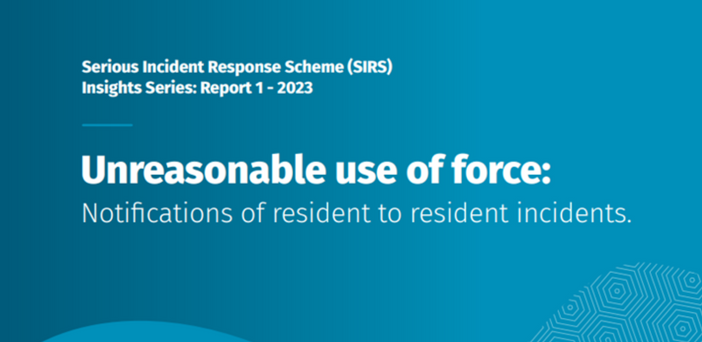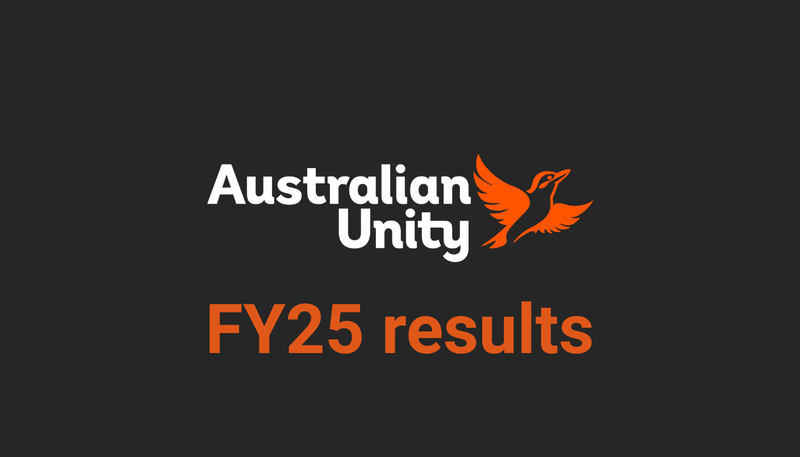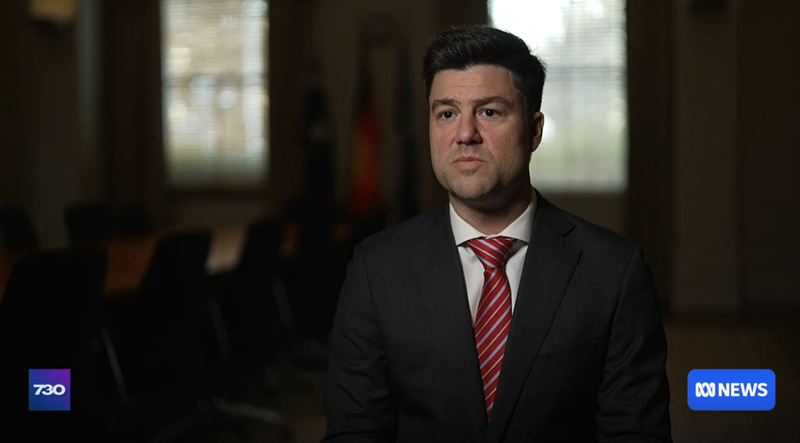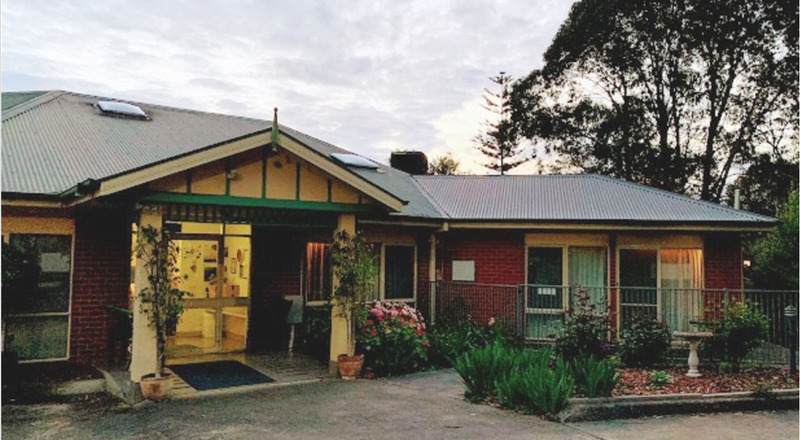Regulator releases case study report to help providers manage ‘unreasonable use of force’ cases
The SIRS was introduced in residential care in April 2021 to help providers prevent incidents and reduce the harm they cause. The report is available online here

The Aged Care Quality and Safety Commission (ACQSC) has released a new report containing de-identified case studies of unreasonable use of force between residents – and there are some interesting insights. The report looks at the causes of such incidents, the impacts, including invisible impacts, common themes, and strategies for prevention. 'Unreasonable use of force’ consistently accounts for about 60% of serious incidents reported to the regulator under the Serious Incident Response Scheme (SIRS) – more than all the other incident types combined. Of these reported incidents, 80% involve residents using force against another resident. Examples of the case studies include ‘ongoing arguments over cigarettes leads to physical altercation’, ‘frequent calling out ends in a slap’, and ‘failure to manage a resident’s triggers leads to multiple notified incidents’. The report is the first in a series of quarterly ‘insights reports’ – the next will contain examples of unreasonable use of force where staff are involved.
Aged Care Quality and Safety Commissioner, Janet Anderson PSM, said: “Information we receive from SIRS notifications shines a light on the incidents that are occurring in aged care services and, importantly, the actions that providers need to take to mitigate the risks that come with caring for frail older people.
“Aged care providers are required by law to do everything possible to prevent abuse or neglect and to act quickly if there is an incident to minimise its impact and prevent it from happening again,” Janet said.
The SIRS was introduced in residential care in April 2021 to help providers prevent incidents and reduce the harm they cause. The report is available online here. From 1 December 2022, the SIRS was expanded to include home care services.





